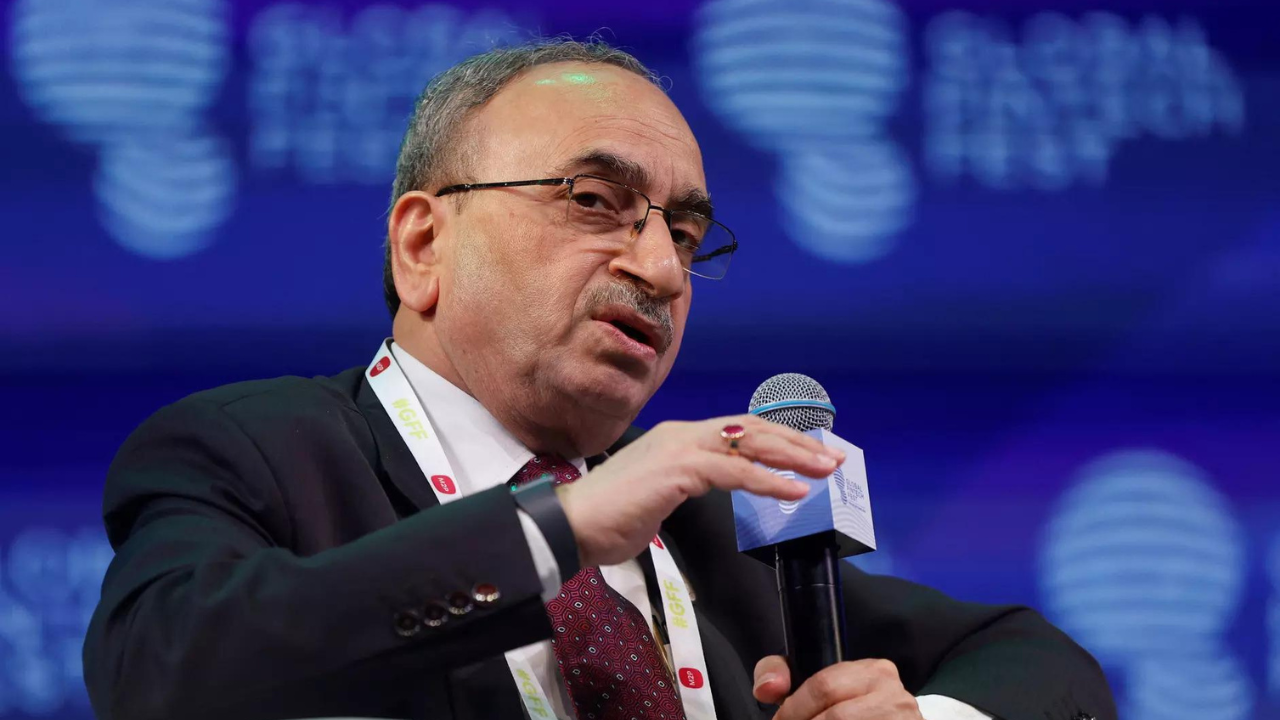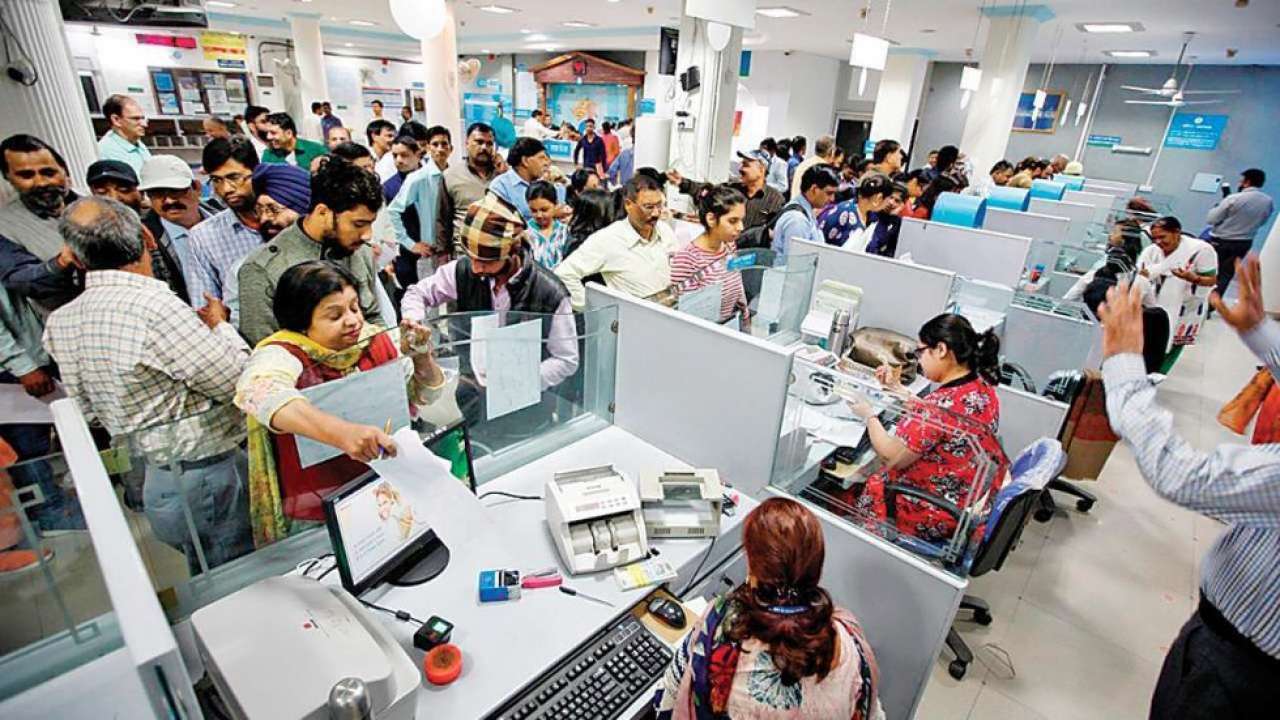On Saturday, the country’s largest lender, State Bank of India (SBI), witnessed a sharp 35 percent fall in its December quarter’s net profit due to one-time expenditures on increasing salaries and pensions. The burden will only rise to Rs 26,000 crore by March this year. The SBI reported a decline in its net income at Rs 9,164 crore during Oct-Dec 2023 compared to Rs 14,205 crore profit in the corresponding period a year ago and earned Rs 14,330 crore in the preceding quarter.
Decline in Profit of SBI
SBI attributed the fall in profit to the additional provision of Rs 7,100 crore made in the reporting quarter towards salaries and pensions arising out of the 17 percent wage hike settlement reached with employee unions in November last year. Added the revised wages are effective from November 2022. 
Reasons for Wage-Hike
The chairman of SBI, Dinesh Kumar Khare, explaining the wage hike said “Of Rs 7,100 crore total provision made in the December quarter, Rs 5,400 crore is towards pensions, because there was some anomalies in the way our pensions were calculated.”
\He said that some of their employees were getting 40 percent and some were getting 50 percent of their last drawn salary as pension and since then this matter has been subjugated. He added, “Now there is legal clarity, we thought of clearing this at a go with this Rs 5,400 crore allocation. Following the recent court order, we have decided to pay every one of our 1.8 lakh pensioners 50 percent. This allocation takes care of the entire backlog till December 2023.”
This means the wage hike impact will cut off the bank’s profit of roughly Rs 25,900 crore by the end of March as the bank has already provisioned Rs 13,400 crore till September 2023 and an additional Rs 7,100 crore in the December quarter. 
Further, the chairman stated that the bank has been setting aside 10 percent each year for salary and pension, adding up to Rs 13,400 crore till December 2023. Now, the bank will have to set aside more for the March quarter (i.e. Rs 5,490 crore). He said, after the hike necessary steps have been taken by the bank as Rs 1,700 crore of the Rs 7,100 crore has been provisioned towards neutralizing the dearness allowance arrears. This Rs 1,700 crore for the pension will be implemented once RBI approves it, which is pending and the bank decided to set aside the entire quantum in the December quarter.
Salaries and other benefits of the employees of state-owned banks along with some of the oldest foreign banks like Standard Chartered Bank and HSBC, and old-generation private sector lenders like HDFC, ICICI, and Federal Bank, among others, are decided by the industry lobby IBA under a wage settlement that has a five-year tenure. 
Accordingly, the latest wage hike of 17 percent came into effect on November 1, 2022, and was announced later in December 2023. As per IBA, the impact on the public sector will be close to Rs 13,000 crore for salaries. The revision will benefit over 19 lakh employees and officers. This adjustment started on November 1, 2022, and will span up to 5 years.
While the demand for pension updating for all retirees is still under discussion, it has been agreed that a one-time ex-gratia amount will be considered along with the pension for pensioners and family pensioners as of October 31, 2022.